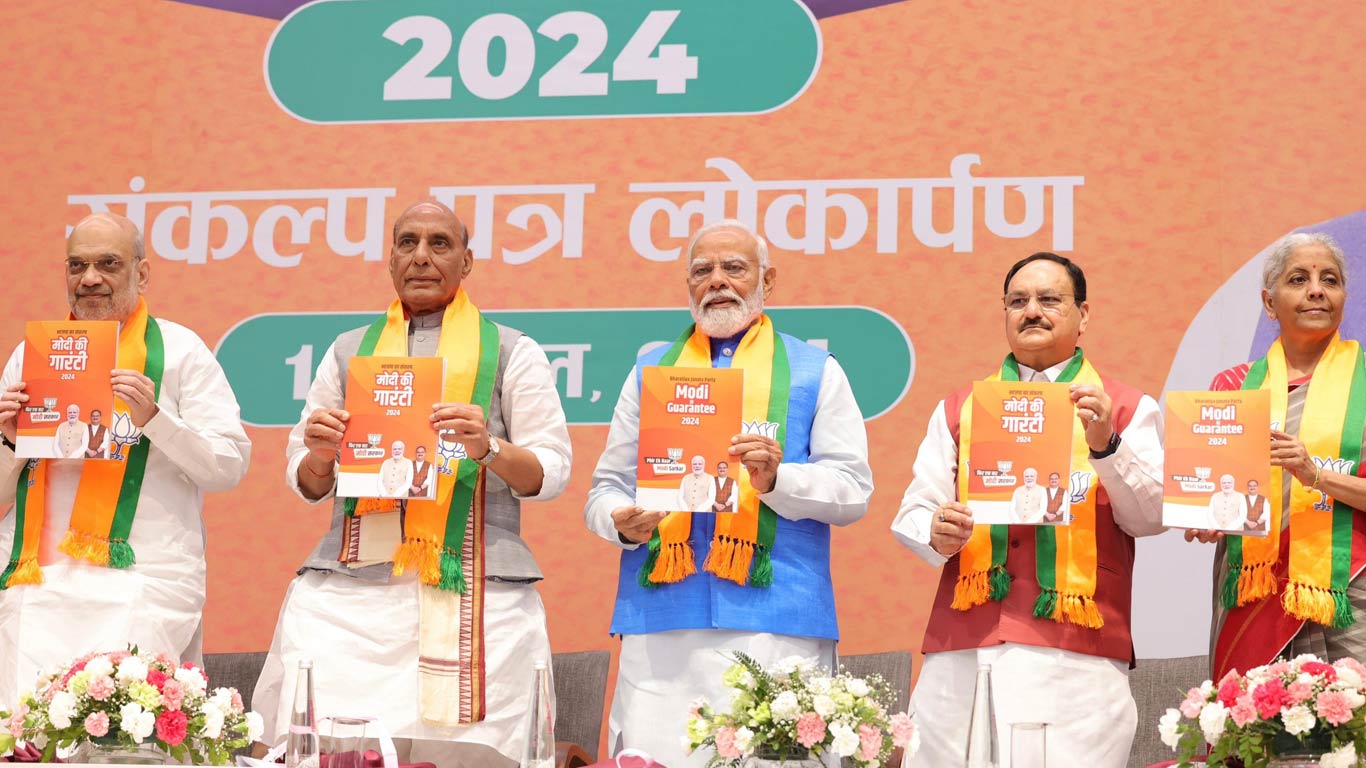Govt panel for smart way to punish defaulters of MSME payments
Updated: Jan 09, 2014 04:57:58pm

“Ministry of Finance may issue an order directing unpaid bills of MSME suppliers to be treated as accrued income of the defaulting customer enterprise,” the Inter-Ministerial Committee, chaired by Secretary in the MSME Ministry, Madhav Lal has said.
“A bill may be considered unpaid if it remains outstanding with the defaulting customer enterprise even after receiving the direction from Micro and Small Enterprises Facilitation Council (MSEFC) to Accelerating Manufacturing in the MSME Sector make payments. Unpaid bills of MSEs have often led to their sickness, which deters the growth of manufacturing activity,” he added.
Illustratively, the Bharat Heavy Electricals Limited (BHEL), which has several manufacturing facilities in places like Bhopal, Hyderabad and Trichy, had total outstanding of Rs 503.30 crore for the financial year -2012-13 and Rs 554.33 crore a year before, as per its balance-sheet disclosures.
As per the mandatory disclosures in its annual report for 2012-13, the interest due to the BHEL suppliers at the end of the last fiscal was Rs 10.47 crore and it did not pay a penny as interest on delayed payment, as per the BHEL balance-sheet. There are several other examples of such defaults both in public and private sector.
Under the MSME Act of 2006 where a buyer delays payment beyond 45 days from the date of supply, the SME supplier can approach the Micro Small Enterprises Facilitation Council (MSEFC) and seek an award or a decree.
The Federation of Indian Micro Small and Medium Enterprises (FISME) has initiated several campaigns to address this issue including a resolution on the delayed payment order under the MSME Act in 2006.
"The BHEL episode pointed to a malaise which runs deep as payments to MSMEs are routinely delayed by both public and large private sector companies flouting the regulatory provisions,” said President, FISME, D Gandhikumar.
Since the SME payment data remains scattered, it’s difficult to estimate the total amount. While that remains unsolved, SMEs continue to pay interest rates up to 19-20 per cent for bank loans.
“The Central Public Sector Enterprises like BHEL are very important buyers of MSME products. We wish at least CPSUs become more sensitive to the needs of the MSME sector,” Gandhikumar lamented.
The recently announced Credit Guarantee Fund for factoring may cover payment risks arising only from ‘factoring without recourse’ or ‘acquisition of receivables’ as referred to in the Factoring Act.
“A provision may be inserted in the MSMED Act mandating Factors to earmark a certain percentage of their ‘acquisition of receivables’ turnover for the MSEs on the same lines as ‘Priority Sector’ lending is earmarked by the SCBs against their Net Bank Credit,” the report suggested.
The report further said that, in order to motivate large corporates/PSUs to promptly release payment to MSMEs, the banks may be encouraged to fix an additional working capital limit, of say 10-20 per cent exclusively to be used for discounting of bills/vendor payments to MSMEs.
“This portion of working capital limit, granted to large corporates/PSUs, could also be treated as priority sector by RBI,” suggested the committee.
The mechanism of utilization would be on the lines of bill discounting scheme. Further, this system can be made totally electronic, whereby the MSME seller after sale and acceptance by a corporate would place its sales invoice/bill electronically to its banker for discounting.
“In order to popularize the bill factoring and discounting for MSME, the stamp duty applicable on such bills needs to be exempted,” the report suggested. (KNN/PC/SD)











